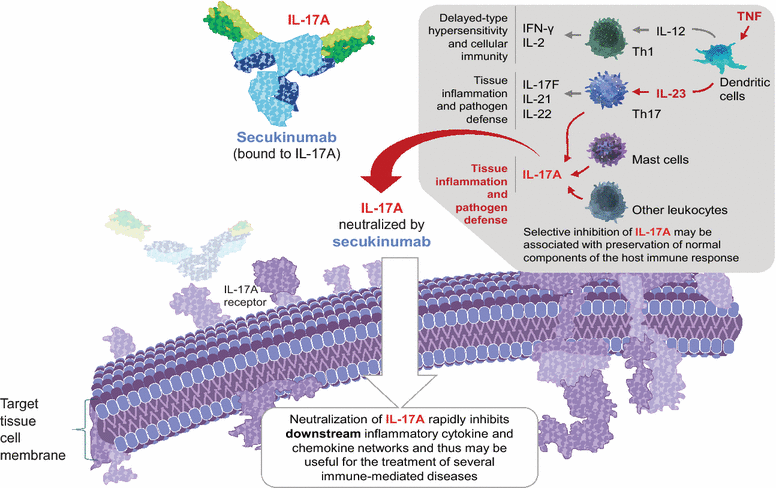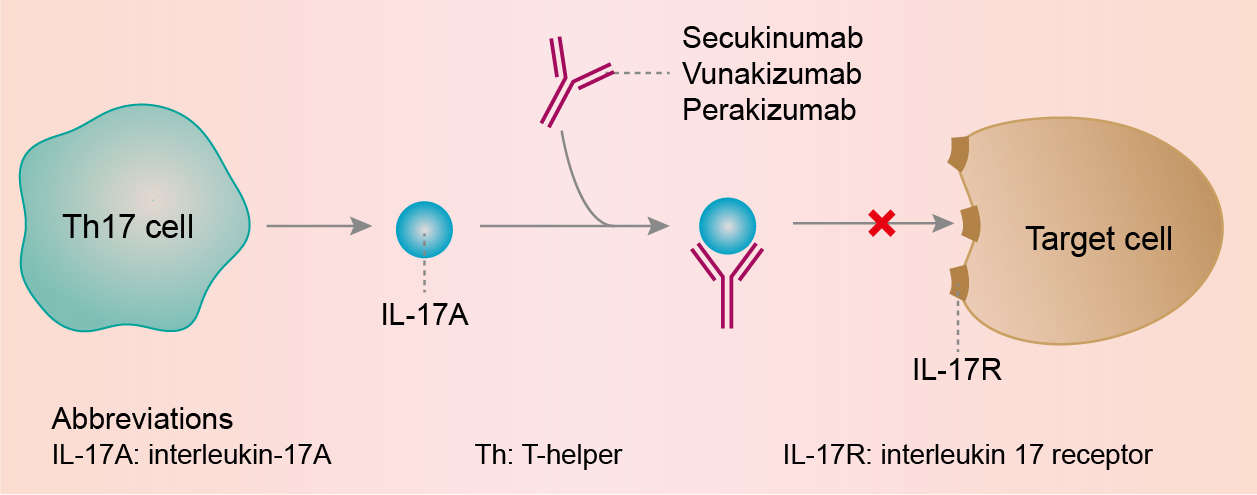A groundbreaking study from the Chinese University of Hong Kong (CUHK) Medical School has revealed promising results for patients suffering from psoriatic arthritis, offering new hope for those battling this challenging autoimmune condition. The research focuses on secukinumab, a biologic drug that demonstrates remarkable potential in not just managing symptoms, but actually repairing bone damage.
Psoriatic arthritis affects approximately 22,500 people in Hong Kong, with 30% of psoriasis patients developing this painful joint condition. Characterized by joint pain, swelling in fingers and toes, and potential back pain, the disease has traditionally been viewed as causing irreversible joint damage. However, this new research challenges that long-held belief.

The CUHK research team conducted a comprehensive double-blind, randomized controlled study involving 40 patients from four public hospitals between May 2020 and August 2021. Their investigation centered on a specific protein called interleukin-17, which plays a crucial role in the inflammatory process of psoriatic arthritis.
By using advanced imaging technology, researchers tracked joint changes over time and discovered something remarkable. The drug secukinumab, which inhibits interleukin-17, showed significant potential in not just stopping joint damage, but actually repairing eroded bones and preventing abnormal bone growth.

The study’s results were impressive. After one year of treatment, both the treatment and control groups experienced reduced joint pain and swelling. However, the group receiving interleukin-17 inhibitors demonstrated substantially better outcomes. Specifically, 55% of patients in the treatment group achieved the lowest level of disease activity, compared to just 31% in the placebo group.
Perhaps most exciting were the imaging study findings. Patients treated with interleukin-17 inhibitors had nearly three times more bone erosion repaired compared to the placebo group. Abnormal bone growth was also significantly reduced, offering tangible evidence of the treatment’s effectiveness.

Professor Tam Lai-shan, who led the research, emphasized the critical importance of tracking joint damage progression. Many patients might not realize ongoing damage is occurring, even when their condition appears stable. This study provides crucial insights into preventive treatment strategies.
One patient, Ms. Wu, shared a personal perspective that highlights the treatment’s transformative potential. Before receiving the interleukin-17 inhibitor treatment, her joint pain and skin condition severely impacted her daily and social life. After treatment, her joint function was restored to half of its pre-disease state, and her skin became noticeably smoother.

The research, published in the international journal “Arthritis & Rheumatology”, represents a significant breakthrough in understanding and treating psoriatic arthritis. By targeting the specific immune system mechanism involving interleukin-17, researchers have opened new pathways for potential bone repair and disease management.
While more research is needed, this study offers hope to the thousands of individuals living with psoriatic arthritis. It demonstrates that with advanced medical understanding and targeted treatments, what was once considered irreversible joint damage might now be treatable, potentially improving quality of life for many patients.












